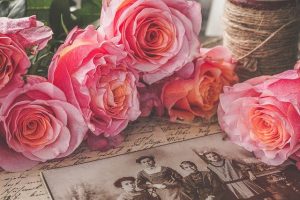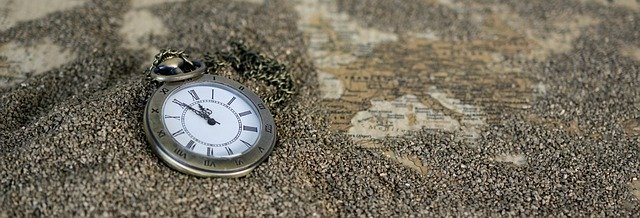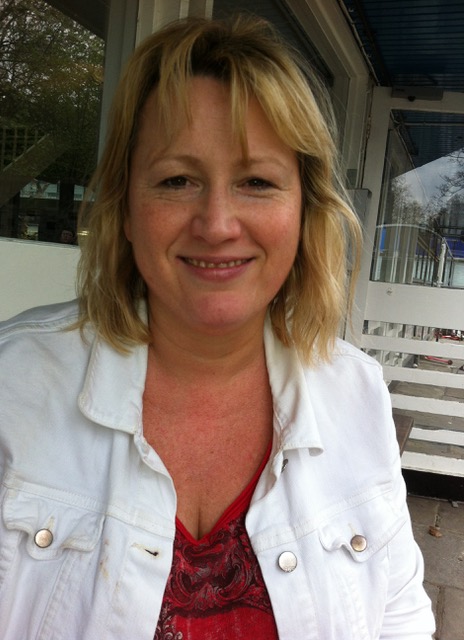
What constitutes a family?
Is it the one we are born into, the one we create for ourselves or the people we choose to surround ourselves with?
In the course of a lifetime, one person can have several families. There is, of course, the birth family – mother, father and siblings. Then the extended family from both sides of the parents – grandparents, aunts, uncles and cousins. In modern lives, there are also the possibilities of step-parents and half-siblings. While there may well be a blood tie with many of these people, how strong one’s connection to them is depends on various factors. For instance, has that family feeling been fostered from the very beginning? Or, has it been a distant relationship, more in name than in deed?
In my case, being an only child, I was always extremely close to my parents. In fact, it was a wrench to move away and start living independently. However, sadly and due to circumstances, I never developed a close bond with much of the extended family, save a few people. In the absence of siblings, my friends became that extended family. I invested time and energy in a family that I chose to create, or so I thought.
Lately though, in these lockdown days, I am starting to understand that in many, many ways, blood is thicker than water. I have my own nuclear family around me – safe and healthy, thank goodness! However, unaccountably, I am feeling the need to reach out to members of the family that I haven’t seen or spoken to in years. Perhaps it’s the knowledge, particularly at this time, of how ephemeral our lives really are … how fleeting and transitory. Soon, an entire generation of people who came before me, people who were connected by blood to my mother and father, will no longer exist. And although, I will carry that bloodline forward as will my children, in time that gene pool will dilute, taking with it times, places, languages and memories.
How one views oneself or one’s place in society often comes from cues accumulated over a lifetime. For instance, I am Indian because I was born in India. I am also lucky enough to have been a well educated and well-heeled Indian, affording me opportunities that weren’t available to the majority of my countrymen. Through a fortuitous mix of North and South, a marriage between my father and mother, I was able to straddle two cultures as well. Growing up in the North, the balance always tilted heavily in that favour, but my south Indian genes could never be denied in my complexion, hair or features. Annual summer holidays spent in the homes of aunts and uncles reinforced the fact that one half belonged to a culture and language I had yet to explore fully. However, age, migration and my own inability to invest time left those relationships and that side of me, unfinished and to a large extent, unfulfilled.
Any one person has only a certain amount of time and energy to harvest, and chances are, they put those towards aspects of life that they deem to be more significant than others. My little family, my job, my passion (writing), my hobbies and my friends have taken up the bulk of my lifetime. Yet strangely, now I feel that perhaps I should have taken some of that time and put it towards the people I have a history with; familial ties, after all, cannot be denied. However, this strange pull aside, I also recognise the fact that some of my hesitance to reach out was rooted in a deep antipathy towards the politics that permeated the extended family dynamics. The ‘he said, she said’ toxicity of my childhood that I had vowed internally to never be a participant in. The long stretches of angry silences, the holding on to grudges long past their sell-by dates, the misunderstandings, the slights, the judgement calls of adults functioning like toddlers in the throes of a tantrum. My deep-seated dislike of drama such as this had put a continent of disapproval between us. One that I am trying to make rapid strides over, to reach across and say, “I’m still here and I still care.”
Maybe it’s all too little, too late. But I cannot leave it as it is. For it is in this bizarre, surreal time that I have truly appreciated those who have reached out and asked, “How are you?” It’s shown me how certain relationships that I felt were strong were in actual fact, very weak indeed. Whereas others, the ones I hadn’t paid much attention to at all, were the ones that were unbreakable. In my belated reaching out, I hope I am able to convey some of my own love and bonding to the family that I, in some ways wilfully and in others, unwittingly, neglected. Yes, families are social constructs, but they are also instinctual ones created from blood, genes, memories and love.
“So much of what is best in us is bound up in our love of family, that it remains the measure of our stability because it measures our sense of loyalty.” – Haniel Long



